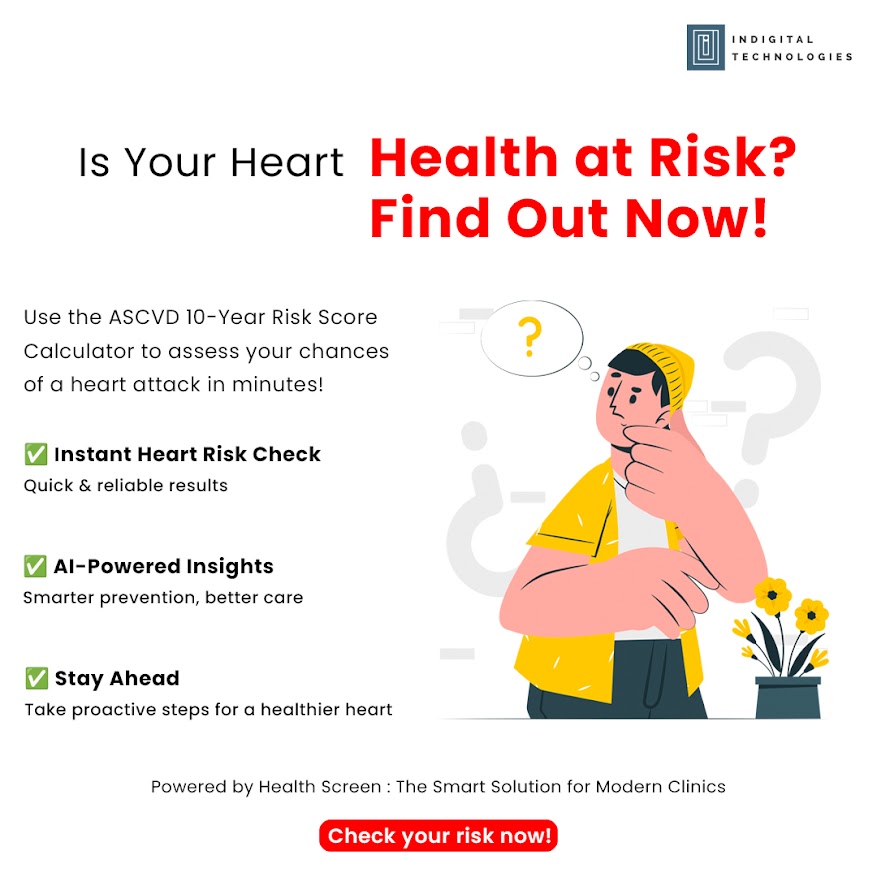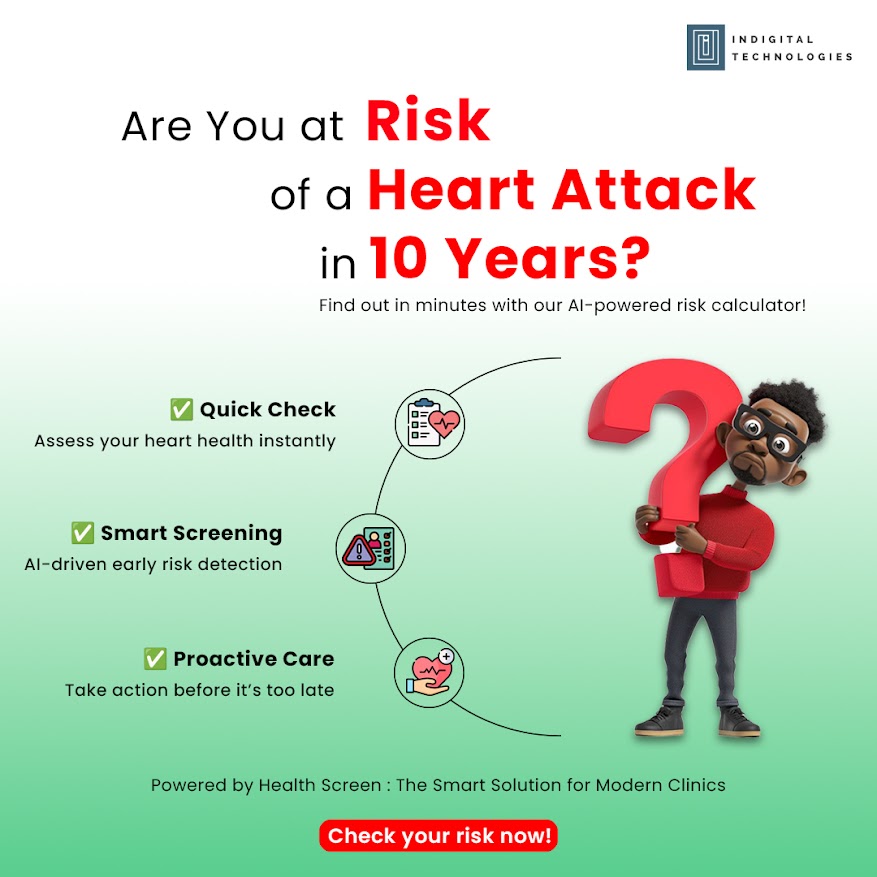In today’s fast-paced medical world, risk assessment tools play a crucial role in patient care. Among these, a risk score calculator has emerged as a valuable resource for healthcare professionals, offering a systematic way to evaluate a patient’s probability of developing specific conditions or complications. This tool helps in preventive healthcare and enables doctors to make informed decisions before a disease progresses to a critical stage.
A risk score calculator works by analyzing various patient parameters, such as age, medical history, lifestyle habits, and existing conditions. These factors are assigned weights based on established medical research, and the calculator generates a risk score that helps guide medical interventions. For instance, in cardiology, a risk score calculator can predict the likelihood of a heart attack based on cholesterol levels, blood pressure, and other factors. Similarly, in oncology, it can estimate the probability of developing cancer based on genetic predisposition and environmental influences.
One of the major advantages of using a risk score calculator is its ability to enhance early diagnosis. By identifying patients at higher risk, doctors can recommend lifestyle changes, medications, or routine screenings to mitigate future complications. This approach not only improves patient outcomes but also reduces the burden on healthcare systems by preventing avoidable hospitalizations.
Patients, too, benefit significantly from these calculators. When they are aware of their risk levels, they are more likely to adopt healthier habits, follow prescribed treatments, and adhere to medical advice. The availability of digital risk score calculators through mobile applications and web platforms has made them easily accessible to individuals, empowering them to take proactive steps in managing their health.
While risk score calculators are powerful tools, they must be used in conjunction with clinical judgment. No digital tool can replace a doctor’s expertise, but it can certainly support decision-making and provide valuable insights. Future advancements in artificial intelligence and machine learning are expected to refine these calculators further, making them even more precise and personalized.
The integration of risk score calculators into medical practice is a step toward predictive and preventive healthcare. With continuous improvements in medical algorithms and data analytics, these tools are set to revolutionize how diseases are predicted and prevented. For healthcare professionals and patients alike, understanding and utilizing a risk score calculator can be a game-changer in maintaining long-term health.



